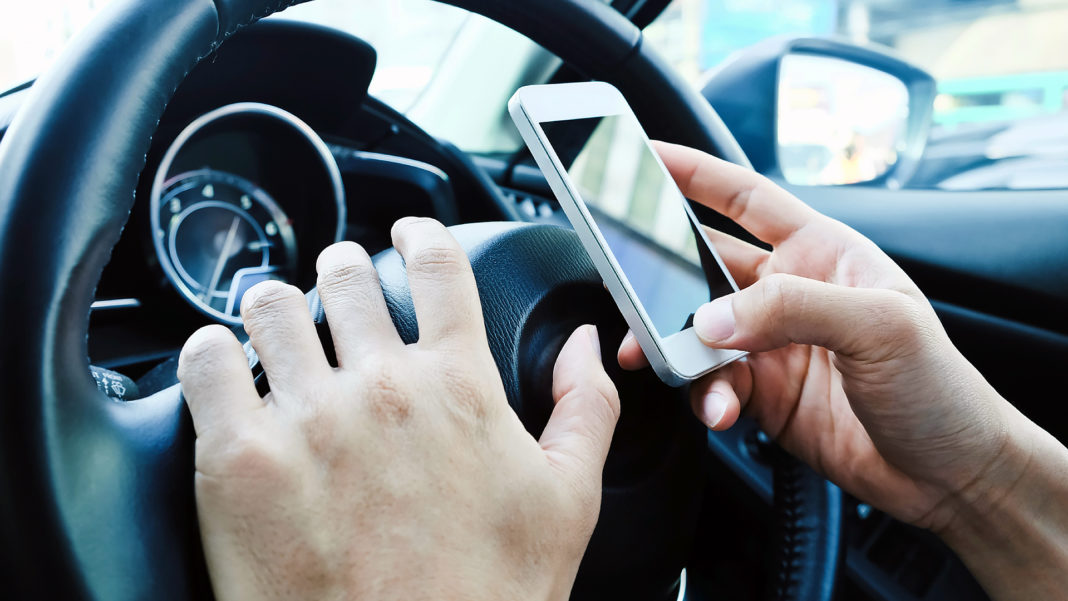Mobile phone use behind the wheel continues to be a significant problem on Ireland’s roads but a new survey of Irish motorists reveals that nearly half of drivers (46%) would support the introduction of technology to disable certain phone functions for the sake of safety.
More than one in four respondents (26%) felt that some form of blocking device would be more effective at deterring mobile phone use than the introduction of harsher penalties.
The survey of Irish motorists for Continental Tyres’ Vision Zero initiative – a commitment to reduce road fatalities worldwide – also highlighted that more than half of drivers (54%) admit to regularly using their mobile phone while behind the wheel.
Some other key findings from the survey include:
- More than one third (36%) of respondents feel that mobile phone use is ‘normalised’ as so many people are doing it
- 23% of drivers say they find it difficult to be disconnected from their mobiles for any length of time
- 62% feel it is OK to use a phone in stopped or slow moving traffic versus 22% who said it is illegal to use a phone in any traffic situation
In terms of the main activity that drivers engage in on their phones while behind the wheel, making / receiving calls and texting are still the most common activities – nearly two thirds or 64% of those who admit to using a phone behind the wheel say this is their most regular activity on the phone. However, with the recent rise in the popularity of smart phones, nearly half, 49% of drivers say they regularly use their phone for accessing their social media profiles while driving.
Head of Continental Tyres Ireland, Tom Dennigan, said: “Our research reveals that drivers know that their use of phones is illegal, distracting and dangerous, yet it is clear that many of them cannot help themselves.
“Nearly one in four, 23%, told us they struggle to be digitally disconnected and 36 per cent felt that so many people now checked their mobile in traffic that the practice has become normalised.”
In addition to the need to improve motorists’ behaviour, it is apparent that there is a strong desire for technology to help deliver the solution and enhance road safety. Nearly a half of drivers, 46% think the Government should enforce a device to disable web-browsing, emails and the ability to send and receive texts.
Professor John Groeger, a specialist in driver psychology and author of ‘Sharing the Driving’ for Continental Tyres said: “It is really interesting that motorists want an enforced solution rather than to curb their own behaviour – yet there is no such system currently available.
“It is imperative that we find a way to resolve this as the ‘switch cost’ – the critical time it takes us to shift our concentration from a task like reading a text to again fully engaging in driving is so important in reducing accidents.”
Tom Dennigan of Continental Tyres added: “There are enormous strides being made in autonomous vehicle technology to deliver even greater safety.
“Yet our study identifies that we are unsure about allowing cars to take even more control of driving. But when we recognise our obvious failing in relation to the use of phones, nearly half of us want technology to step up and save us from ourselves.
“It points to the fascinating, probably unique, relationship we have with our cars and how the development of technologies is reshaping that.”









